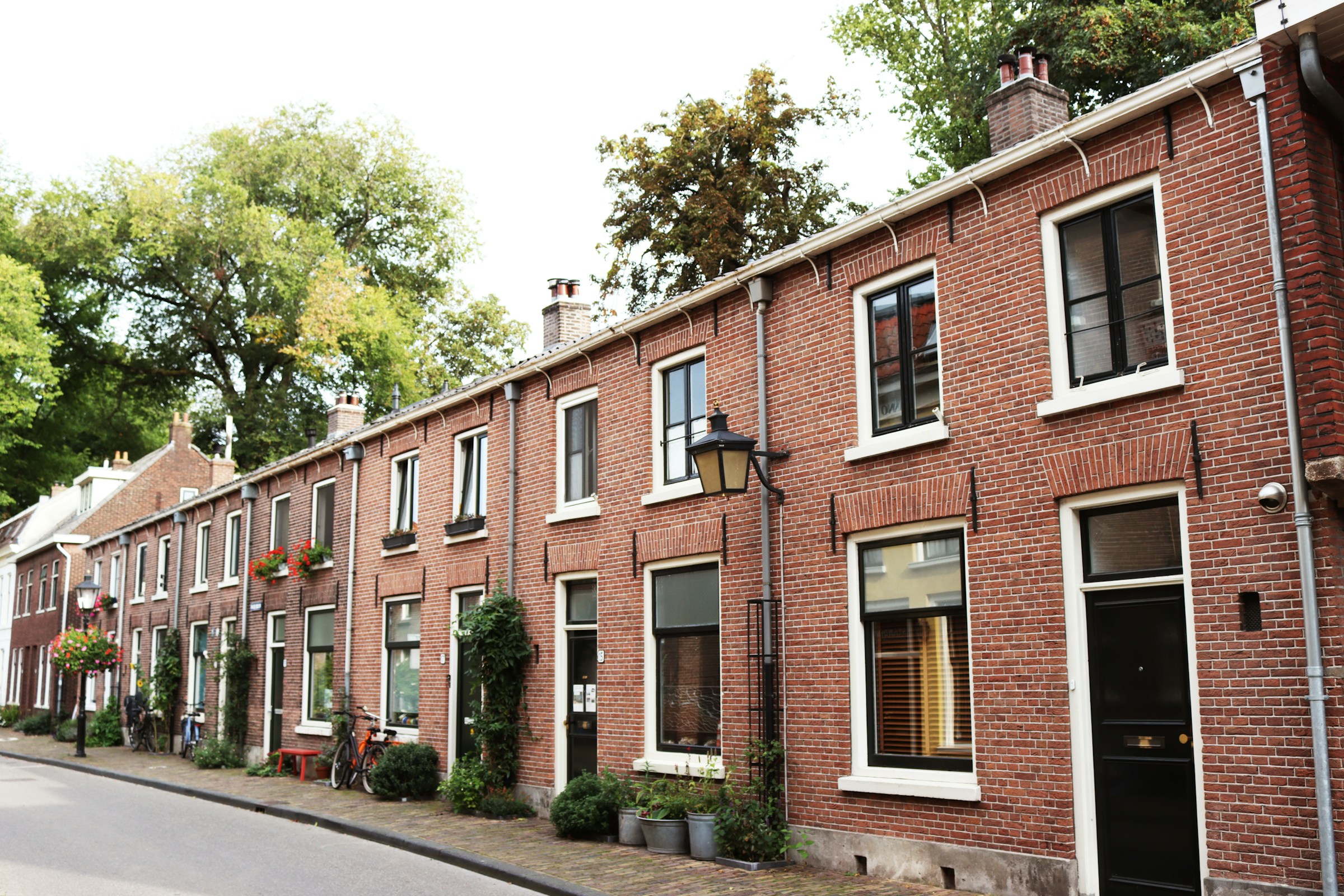Gone are the days when the property market was solely about buying, selling, or renting for long-term residential purposes. In recent years, the market has diversified with numerous opportunities arising for property conversions and developments. One such opportunity that has grown in popularity is the conversion of properties into holiday lets. This shift has been underpinned by changes in consumer behaviour, with more and more holidaymakers opting for the homely comfort of a holiday let over traditional hotels.
However, jumping into the holiday lettings business, particularly in the arena of property conversion, takes more than a simple desire to capitalise on this trend. It requires careful financial planning, a comprehensive understanding of the property and mortgage market, and the ability to navigate through the legal regulations surrounding property conversions and holiday lets. This article will address these factors, aiming to guide you through the process of evaluating the viability of converting a property into a holiday let in the UK.
A lire aussi : What are the pros and cons of acquiring a UK property through a limited company?
Understanding The Property Market
Before making any significant steps towards a property conversion, you must first understand the current market conditions. This section will delve into what it means to fully understand the property market and how it impacts your decision to convert a property into a holiday let.
The UK property market has a reputation for its resilience and robustness, but it is also known to be volatile. It is imperative to study the various factors that influence the property market including economic indicators, interest rates, and the demand-supply curve for properties.
A voir aussi : What are the best strategies for UK property owners to mitigate risks of land subsidence?
Understanding the demand and supply of holiday lets in your chosen location is a crucial first step. This could involve studying tourist footfall numbers, the availability of similar holiday lets, and the variety on offer. Similarly, an understanding of broader economic factors and how they impact the property market is equally crucial. For instance, in a low-interest-rate environment, mortgages could be more affordable, making property purchase and subsequent conversion a feasible option.
Financing Your Property Conversion
The next crucial step in the planning stage is to secure financing for your property conversion. This section will highlight how to navigate the financial aspects of the property conversion, from mortgages to tax considerations.
Often, a property conversion will require extensive modifications and renovations, which can be expensive. One way to finance this is by taking out a mortgage on the property. However, it’s important to bear in mind that holiday let mortgages differ from traditional residential mortgages. Lenders typically require a higher deposit for holiday let mortgages, often ranging from 25 to 40 percent of the property’s value.
Besides the mortgage, another financial aspect to consider is tax. A property classified as a furnished holiday let in the UK can avail several tax advantages. For instance, you can claim capital allowances for items such as furniture, equipment, and fixtures. However, you will need to meet specific criteria to qualify as a furnished holiday let for tax purposes, so it’s worth consulting with a tax advisor.
Planning and Executing the Property Conversion
Having a detailed plan for the property conversion is crucial to ensure that the process goes smoothly. This section will provide guidance on this aspect of the process.
Effective planning will involve creating a detailed blueprint for the conversion, obtaining all necessary permissions and permits, and hiring qualified professionals to carry out the work. If the property is listed or situated within a conservation area, additional permissions may be needed, extending the conversion timeline.
Furthermore, the conversion must also adhere to specific rules and regulations. For instance, there might be regulations relating to fire safety, energy efficiency, and accessibility that need to be complied with. Understanding these requirements and incorporating them into your planning process is crucial to avoid any legal complications down the line.
The Long-Term Management of Holiday Lets
Simply converting a property into a holiday let is not the end of the journey. The conversion must be followed up with effective long-term management to ensure the venture’s success. This section will shed light on this aspect of property conversion.
Long-term management of a holiday let involves tasks such as advertising, dealing with bookings, maintenance, and compliance with regulations. For example, furnished holiday lets need to be available for letting for a certain number of days per year and actually let for a portion of that time to qualify for tax benefits.
Moreover, the level of service offered can significantly influence the success of your holiday let. Quality furniture, prompt service, and excellent customer relations could set your property apart from the competition, leading to repeat bookings and positive reviews.
The Impact of Post-Conversion Property Valuation
Finally, the viability of a property conversion is also determined by the post-conversion property valuation. This section will delve into how this valuation is carried out and why it matters.
Post-conversion property valuation is a significant aspect of the conversion process as it determines whether the conversion has added value to the property. A professional property valuation will take into account factors such as the quality of the conversion, the property’s location, and demand for holiday lets in the area.
This valuation can have implications for your mortgage and refinancing options. If the property’s value has increased significantly post-conversion, it may be possible to refinance your mortgage at a more favourable rate, thus lowering your monthly repayments. On the other hand, a lower-than-expected valuation could limit your refinancing options and affect your return on investment.
Through the steps outlined above, you will be able to evaluate the viability of converting a property into a holiday let in the UK. It’s a multifaceted process, involving careful market study, financial planning, meticulous execution, and astute long-term management.
Navigating Planning Permissions for Property Conversion
Often, converting a residential property to a holiday let will involve major modifications. This section will guide you through the process of securing necessary planning permissions before embarking on your property conversion.
Planning permissions are essentially legal permissions you need to build or significantly alter a property. They are granted by your local council and are necessary to ensure your planned property conversion adheres to local development plans. In the context of holiday lets, these permissions become crucial if you’re making significant structural changes to the property, changing its use, or converting a listed building or a property in a conservation area.
Securing planning permissions can be a complex process, involving submitting detailed plans of your proposed work, engaging in consultations, and waiting for approval. It is recommended to hire an architect or a planning consultant to help navigate this process effectively. Remember, without the relevant planning permission, you risk penalties or even forced reversal of your conversion work.
A key point to note is that planning permissions often come with conditions. These could relate to the nature of the work, the timeline for completion, or obligations to the local community. It’s important to fully understand these conditions and to factor them into your conversion plan.
Making the Most of Your Holiday Let Mortgage
Financing your property conversion will likely involve taking out a holiday let mortgage. This section will provide a comprehensive understanding of holiday let mortgages and how to make the most of them.
Holiday let mortgages are specifically designed for properties that are rented out on a short-term basis to holidaymakers. Unlike traditional residential mortgages or buy-to-let mortgages, they take into account the unique income patterns and risks associated with holiday lets.
The criteria to qualify for a holiday let mortgage can be stringent. Lenders will typically look at the property’s potential rental income, your personal income, and your experience in holiday letting. You will also often need a larger deposit than for a residential mortgage, typically between 25-40% of the property’s value.
An important aspect is to carefully choose your lender. Not all mortgage lenders offer holiday let mortgages, and those that do, offer different terms. Therefore, shopping around for a mortgage lender that offers competitive rates and favourable terms is crucial.
Also, remember that your mortgage repayments will be a significant part of your ongoing costs. So, it’s crucial to ensure your rental income can comfortably cover these repayments and other expenses like maintenance, insurance, and management fees.
Conclusion
The decision to convert a property into a holiday let in the UK is one that should not be taken lightly. It requires a comprehensive understanding of the property market, meticulous financial planning, navigating planning permissions, securing a suitable holiday let mortgage, and the ability to manage the property in the long term.
However, with the right approach, property conversion for holiday letting can certainly be a profitable venture. It provides an opportunity to capitalize on the growing trend of holidaymakers opting for home-like comfort over traditional hotels.
It’s crucial to remember that each property is unique, and so the exact steps and considerations may vary. However, the information provided in this article should serve as a robust starting point for evaluating the viability of your property conversion project. Always consider seeking advice from professionals in fields like property market consultancy, development finance, and tax consultancy to ensure your venture is set up for success.






